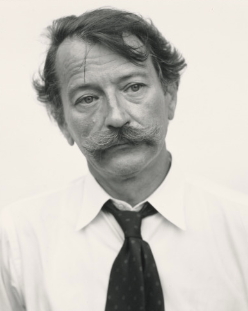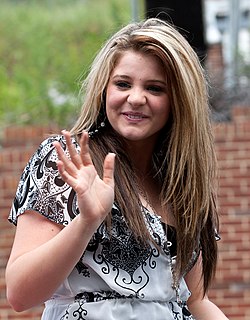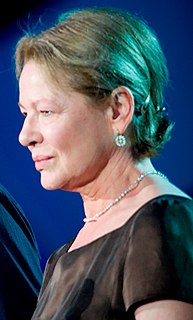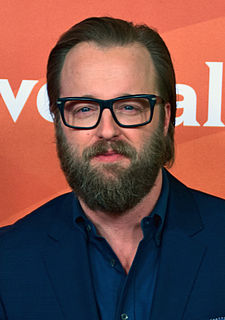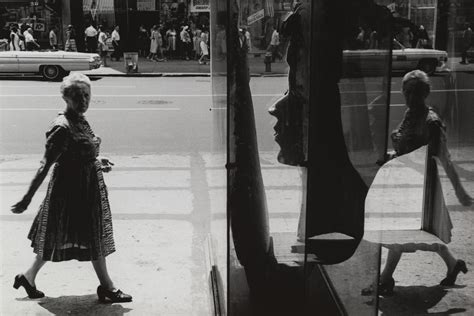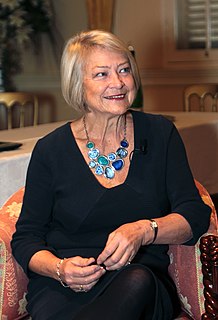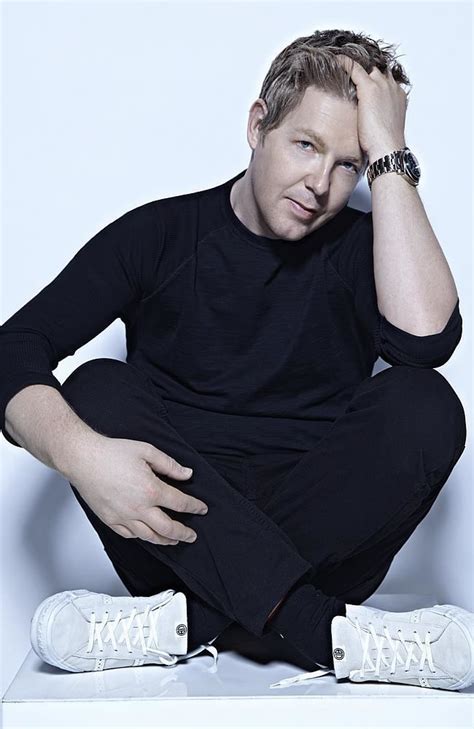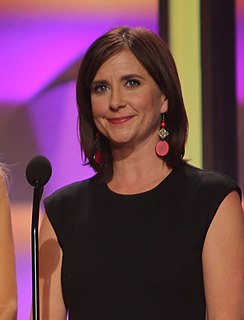A Quote by John Szarkowski
A camera has interesting ideas of its own.
Quote Topics
Related Quotes
What counts, in the long run, is not what you read; it is what you sift through your own mind; it is the ideas and impressions that are aroused in you by your reading. It is the ideas stirred in your own mind, the ideas which are a reflection of your own thinking, which make you an interesting person
The camera has a mind of its own--its own point of view. Then the human bearer of time stumbles into the camera's gaze--the camera's domain of pristine space hitherto untraversed is now contaminated by human temporality. Intrusion occurs, but the camera remains transfixed by its object. It doesn't care. The camera has no human fears.
You're the hero of your own story. So it's interesting for historical revisionism to happen. I had let go of my own story from my own childhood and whatever anger I had and I began to see it from a very different place. It's really easy to be like "This thing happened to me! Look what they did to me or are doing to me." These are such powerful ideas and it's so easy to hold onto them forever.
